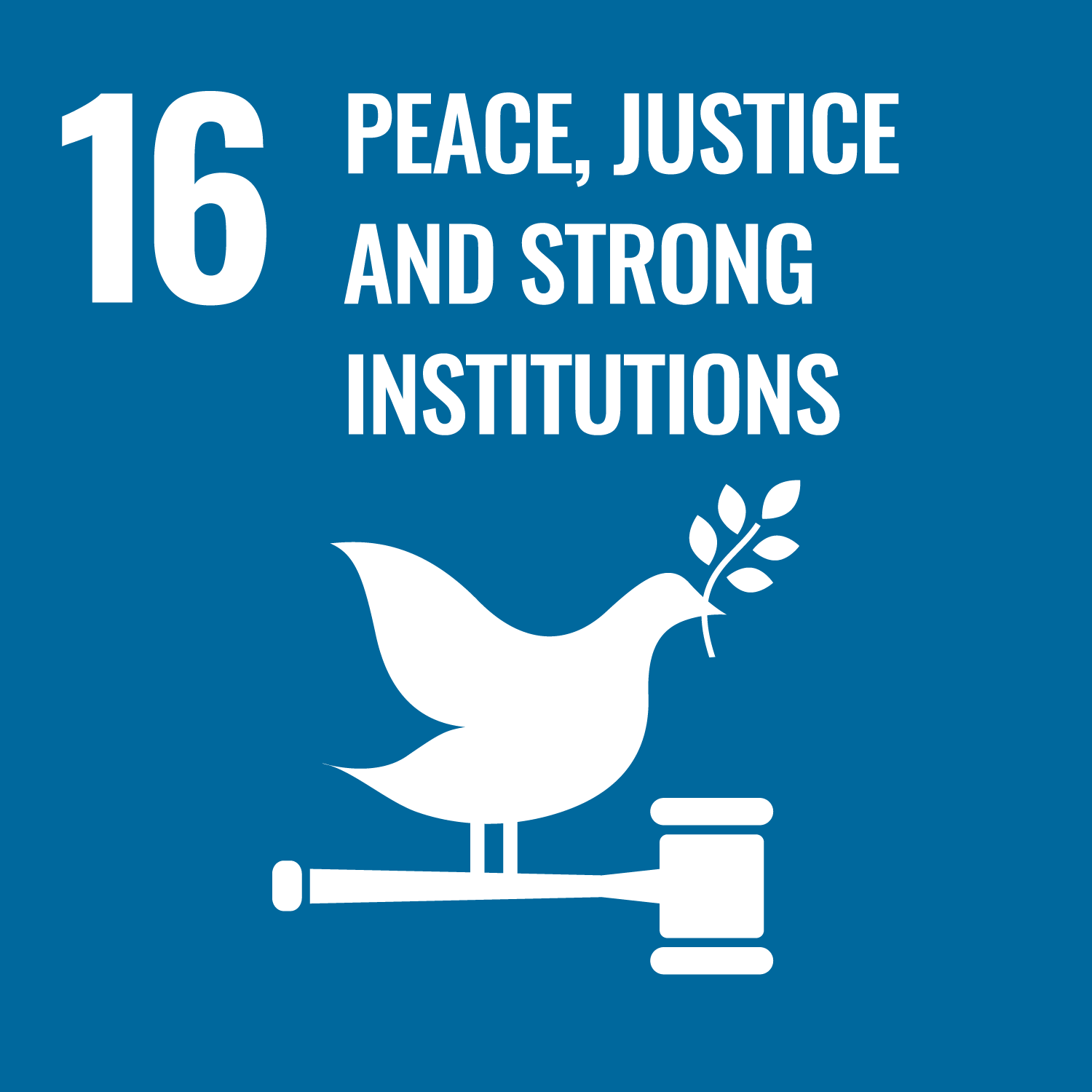This book provides a plethora of bi-feminist and critical theory scholarship perspectives on the social realities of bisexual people in Europe. It holds three sections: (1) sexual citizenship, (2) romantic relationships and (3) bi+ identities. This anthology covers a range of theoretical areas, for example adopting a bi-feminist lens to investigate ‘erotic autonomy’ or the invisibility of bisexual and pansexual bodies. It exists as part of the Global Gender series, bringing together the fields of Gender and Women’s Studies, Sociology, Politics, Communication, Cultural Studies and Literature.
Bisexuality in Europe: Sexual Citizenship, Romantic Relationships, and Bi+ Identities
Publication Date2020
This resource is relevant to humanitarian and development practitioners because it offers an opportunity for in-depth learning about the exclusion experienced by bi-sexual individuals and communities. Bi-erasure and biphobia are very real challenges in the diverse SOGIESC community and inclusion space: practitioners should use this resource to better understand the unique experiences of bi people and how biphobia and bi-erasure can be countered in development and humanitarian work.
“Bisexual citizenship and bi- inclusivity in legislation and policy are not a minor challenge for policy- makers or politicians, since bisexual people’s realities may be even less valued than gay and lesbian realities.”








